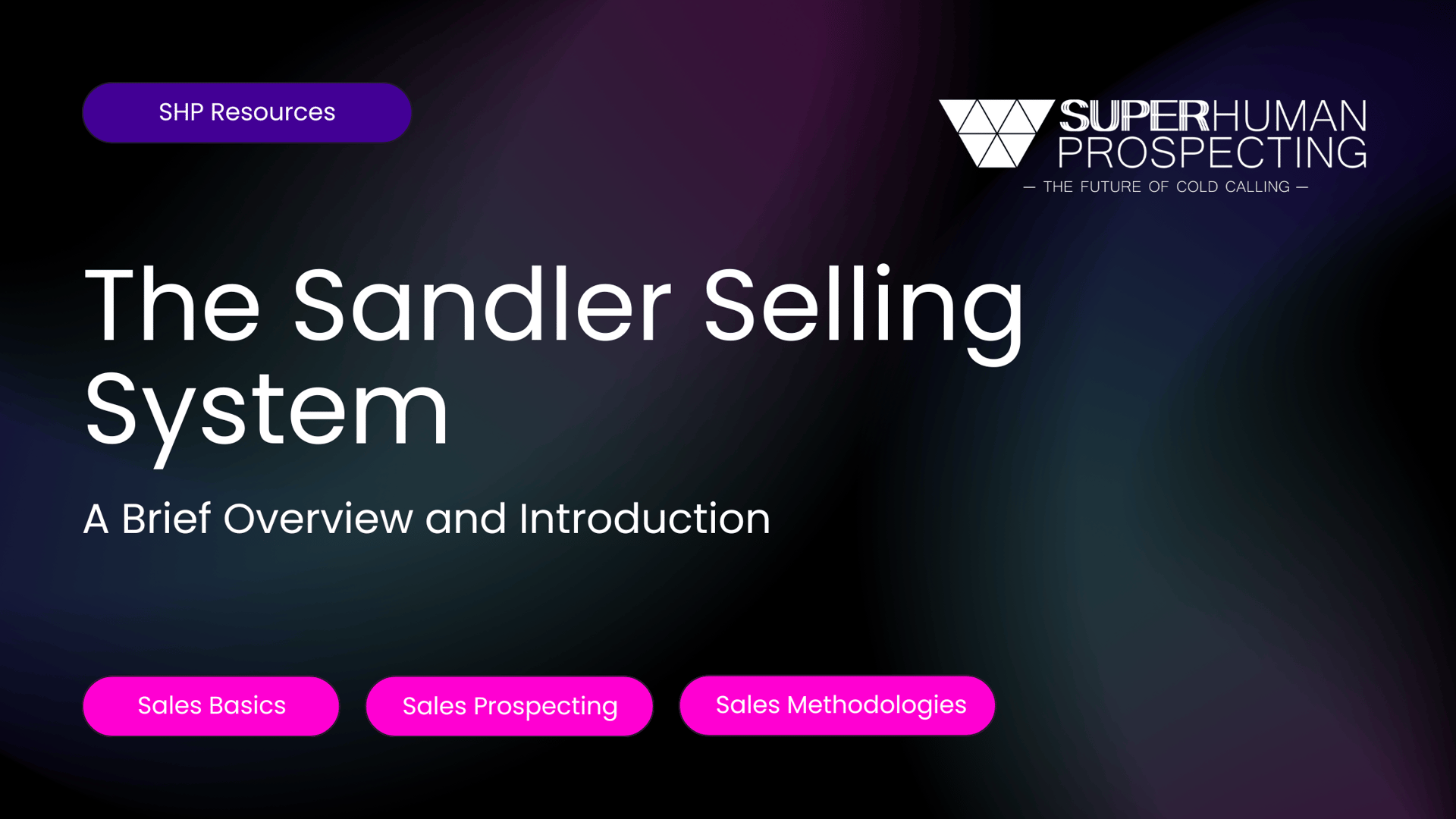Cold calling can be daunting, especially when you find yourself speaking with a decision maker. Their time is valuable, and often, the pressure is on to not only engage but also to make the call worthwhile. It’s natural to feel intimidated, especially if the recipient is less than enthusiastic about your call. To help you navigate these challenging conversations, we have provided three essential strategies to keep in mind for better cold call outcomes.
Why Talking to the Decision Maker Matters in Cold Calls
Finding and talking directly to a decision maker is key when it comes to cold calling. These are the people who actually have the power to make the buying choices. If you end up chatting with a gatekeeper, like a receptionist, you might miss out on getting your message across effectively. They often don’t have the full picture and may not take the time to pass your information along. When you connect with a decision maker, you can really dig into their specific needs and challenges. Plus, getting to talk directly to them opens up a better line of communication, letting you have more meaningful discussions. This way, you can showcase how your product or service can fit into their plans. Ultimately, building that direct relationship boosts your chances of moving the conversation forward and setting up valuable meetings.
You Reached the Decision Maker, Now What?
Getting to the decision maker is half the battle, you still need to pitch them and set the appointment! Here are three simple strategies to keep in mind that will help you navigate those important conversations and get better results from your cold calls.
1. Implement a Checkpoint Framework
Creating a structured approach can significantly enhance your effectiveness during cold calls. Think of a checkpoint framework as a roadmap; it provides guardrails that help you stay focused even when the conversation veers off course.
Structure Your Script: Break down your call script into specific sections, such as:
- Introduction: A warm greeting and a brief introduction of yourself and your purpose.
- Discovery Question: An insightful question that encourages the prospect to open up about their needs or challenges.
- Value Proposition: Clearly articulate how your offering aligns with their needs.
- Closing: A definitive call to action to set up a meeting or further engage.
This framework not only keeps you on point but also allows you to pivot back to your core message if the conversation takes an unexpected turn.
2. Perfect Your Opening Lines
The first few moments of a cold call can set the tone for the entire conversation. This is why it’s crucial to master your opening lines. Spend time crafting and rehearsing the first 2-4 lines of your pitch. These lines should be concise yet engaging, designed to capture attention instantly.
Make It Smooth: By having these lines ready, you can ensure a smooth start that doesn’t leave the decision maker wondering why they picked up the phone. A proficient introduction not only demonstrates your preparation but also shows respect for their time, which can help establish a positive rapport.
3. Anticipate Objections
Objections are an inevitable part of any sales conversation, especially during cold calls. Typically, initial objections are knee-jerk emotional responses. Therefore, being prepared with thoughtful responses to common objections can make a significant difference in the conversation’s outcome.
Common Objections to Prepare For:
- “Not interested”
- “I don’t have time right now”
- “We already have this”
- “Can you send me some info?”
Being ready to tackle these objections with quick, respectful, and engaging responses can help you regain control of the conversation. In fact, mastering responses to these common pushbacks may equip you to handle as much as 80% of objections you encounter.
Final Thoughts
While cold calling decision makers may always have an element of uncertainty, utilizing these strategies can help you feel more confident and effective. Implementing a structured framework, perfecting your opening lines, and being prepared for objections will not only make your calls more productive but also enhance your credibility. By focusing on delivering value and fostering genuine dialogue, you’ll be much better positioned to secure that all-important meeting and build lasting relationships with potential clients. Happy calling!







